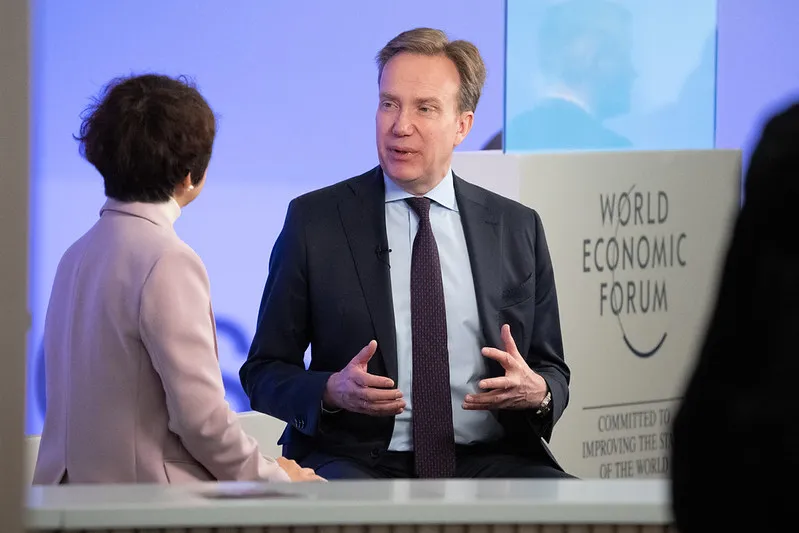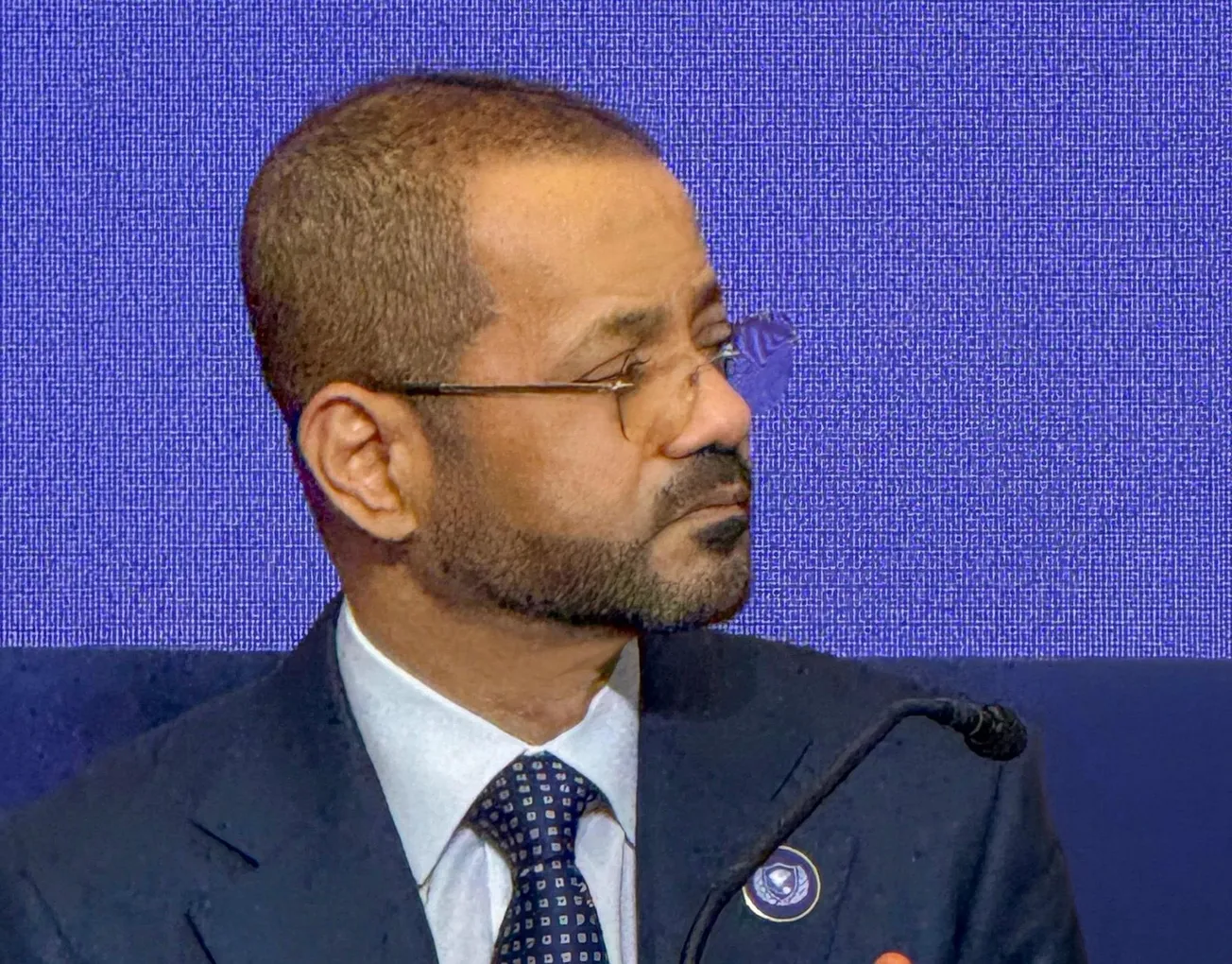Ellen Taylor, daughter of Brig. Gen. Telford Taylor, Chief Prosecutor during the second, 1946-49 phase of the post-war Nuremberg Trials, has published a lengthy, carefully-argued article in CounterPunch magazine in which she: 1) charges that the U.S. is guilty of the Nuremberg crime of war of aggression, by its policy of NATO expansion against Russia; 2) decries that many U.S. retired military, amongst others, oppose the warmongering policy to defend unipolar U.S. hegemony, but have been silenced; and 3) urges Putin’s proposal for a new security architecture be given consideration as the only way out of the monstrous danger the world now faces.
Taylor is clear; the unipolar drive is the cause of this war, and of the one with China that the unipolar advocates are seeking. “Neither Russia or China is eager for the role of U.S. adversary, the `near-peer’ enemy.… They have had to be teased, baited and tortured, like reluctant bulls in a bullfight, into responding. The Ukraine catastrophe is part of the result.” In the case of Russia, “the U.S. and NATO have been on the warpath for decades and were clearly not going to be deterred this time. Biden had stated that he will allow no breaches of U.S. supremacy: `[I]t is not going to happen on my watch.’ China, of course, is the main enemy—in the words of Antony Blinken, `the most serious challenge to the long-term, U.S.-led world order.’ But Russia is a more proximate target.”
Taylor writes from the authority of someone whose worldview was shaped by her father’s role in prosecuting the doctors, judges, industrialists, et al., who participated in the crimes of Hitler’s Nazi regime. She was a child when the family lived in Nuremberg, but one old enough to identify with the gravity of her father’s mission. “I grew up convinced of the axiomatic importance, however difficult it might be to maintain universal accountability, of international law for human survival,” she explains.
Taylor recounts highlights of the post-1991 hopes of first Gorbachev and then Putin, that a “Common European Home” including Russia could be established, and the unrelenting betrayal of those hopes, beginning with the imposition of Yeltsin and the subsequent “pillage” of the Russian economy, through to NATO’s de facto takeover of Ukraine. In recounting Russia’s continuous efforts, despite betrayals, to seek a relationship of equals with the West, she includes the often-forgotten fact that Russia did not resist Ukraine’s bid for independence in 1991, “nor did it interfere with the illegal coup of 2014, only taking the critically self-protective step of reclaiming its naval base in Sevastopol and liberating Khrushchev’s gift to Ukraine, Russian Crimea.”



